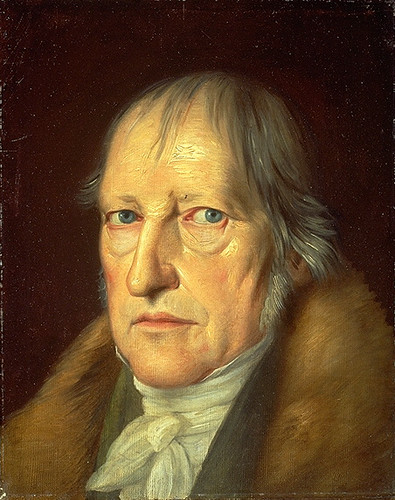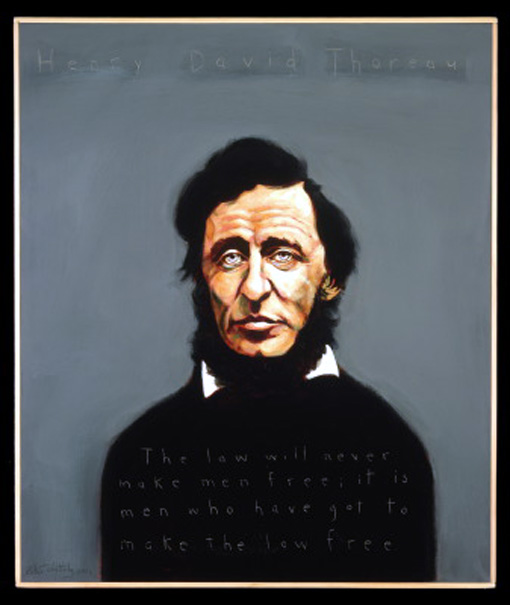NPR’s audience nominated 600 novels to its Killer Thrillers poll of the best all-time mystery novels, and then cast more than 17,000 votes to reach the final top 100 list of “fast-moving tales of suspense and adventure” and unexpected darkness.
“Even the [Agatha] Christie pick, And Then There Were None, is one of her creepier novels,” said NPR’s book critic Maureen Corrigan, who served on the advisory panel for the project. Why are we not surprised that Harris is right on top? and a a little dissapointed that Clive Barker is not on this list?
1. The Silence of the Lambs by Thomas Harris
2. The Girl with the Dragon Tattoo by Stieg Larsson
3. Kiss the Girls by James Patterson
4. The Bourne Identity by Robert Ludlum
5. In Cold Blood by Truman Capote
6. The Da Vinci Code by Dan Brown
7. The Shining by Stephen King
8. And Then There Were None by Agatha Christie
9. The Hunt for Red October by Tom Clancy
10. The Hound of the Baskervilles by Sir Arthur Conan Doyle
The entire top 100 Killer Thrillers list!
1. The Silence of the Lambs by Thomas Harris
2. The Girl with the Dragon Tattoo by Stieg Larsson
3. Kiss the Girls, by James Patterson
4. The Bourne Identity, by Robert Ludlum
5. In Cold Blood, by Truman Capote
6. The Da Vinci Code, by Dan Brown
7. The Shining, by Stephen King
8. And Then There Were None, by Agatha Christie
9. The Hunt tor Red October, by Tom Clancy
10. The Hound of the Baskervilles, by Sir Arthur Conan Doyle
11. Dracula, by Bram Stoker
12. The Stand, by Stephen King
13. The Bone Collector, by Jeffery Deaver
14. Jurassic Park, by Michael Crichton
15. Angels & Demons, by Dan Brown
16. A Time to Kill, by John Grisham
17. The Andromeda Strain, by Michael Crichton
18. Mystic River, by Dennis Lehane
19. The Day of the Jackal, by Frederick Forsyth
20. Rebecca, by Daphne du Maurier

21. Eye of the Needle, by Ken Follett
22. It, by Stephen King
23. The Count of Monte Cristo, by Alexandre Dumas
24. The Girl Who Played with Fire, by Stieg Larsson
25. Jaws, by Peter Benchley
26. The Alienist, by Caleb Carr
27. Red Dragon, by Thomas Harris
28. Presumed Innocent, by Scott Turow
29. The Maltese Falcon, by Dashiell Hammett
30. The Girl Who Kicked the Hornet’s Nest, by Stieg Larsson

Rosemary’s Baby
31. No Country For Old Men, by Cormac McCarthy
32. Gone Baby Gone, by Dennis Lehane
33. Gorky Park, by Martin Cruz Smith
34. Rosemary’s Baby, by Ira Levin
35. Subterranean, by James Rollins
36. Clear and Present Danger, by Tom Clancy
37. Salem’s Lot, by Stephen King
38. Shutter Island, by Dennis Lehane
39. The Spy Who Came in from the Cold, by John Le Carre
40. The Poet, by Michael Connelly

41. The Boys from Brazil, by Ira Levin
42. Cape Fear, by John MacDonald
43. The Bride Collector, by Ted Dekker
44. Pet Sematary, by Stephen King
45. Dead Zone, by Stephen King
46. The Manchurian Candidate, by Richard Condon
47. Tinker, Tailor, Soldier, Spy, by John Le Carre
48. The Talented Mr. Ripley, by Patricia Highsmith
49. Tell No One, by Harlan Coben
50. Consent to Kill, by Vince Flynn

51. The 39 Steps, by John Buchan
52. Blowback, by Brad Thor
53. The Children of Men, by P.D. James
54. 61 Hours, by Lee Child
55. Marathon Man, by William Goldman
56. The Woman in White, by Wilkie Collins
57. 206 Bones, by Kathy Reichs
58. Psycho, by Robert Bloch
59. The Killing Floor, by Lee Child
60. Rules of Prey, by John Sandford

61. The Hunger Games, by Suzanne Collins
62. In the Woods, by Tana French
63. Shogun, by James Clavell
64. The Relic, by Douglas Preston and Lincoln Child
65. Intensity, by Dean Koontz
66. Casino Royale, by Ian Fleming
67. Metzger’s Dog, by Thomas Perry
68. Timeline, by Michael Crichton
69. Contact, by Carl Sagan
70. What the Dead Know, by Laura Lippman

71. The Shadow of the Wind, by Carlos Ruiz Zafon
72. The Cabinet of Curiosities, by Douglas Preston and Lincoln Child
73. Charm School, by Nelson DeMille
74. Feed, by Mira Grant
75. Gone Tomorrow, by Lee Child
76. Darkly Dreaming Dexter, by Jeff Lindsay
77. The Secret History, by Donna Tartt
78. The First Deadly Sin, by Lawrence Sanders
79. Cryptonomicon, by Neal Stephenson
80. The Brotherhood of the Rose, by David Morrell

Goldfinger
81. Primal Fear, by William Diehl
82. The Templar Legacy, by Steve Berry
82. The Hard Way, by Lee Child [tie]
84. The Last of the Mohicans, by James Fenimore Cooper
85. Six Days of the Condor, by James Grady
86. Fail-Safe, by Eugene Burdick and Harvey Wheeler
87. Strangers on a Train, by Patricia Highsmith
88. The Eight, by Katherine Neville
89. The Lost Symbol, by Dan Brown
90. Goldfinger, by Ian Fleming

Bangkok 8
91. Bangkok 8, by John Burdett
92. The Kill Artist, by Daniel Silva
93. Hardball, by Sara Paretsky
94. The Club Dumas, by Arturo Perez-Reverte
95. The Deep Blue Good-by, by John MacDonald
96. The Monkey’s Raincoat, by Robert Crais
96. Berlin Game, by Len Deighton [tie]
98. A Simple Plan, by Scott Smith
99. Child 44, by Tom Rob Smith
100. Heartsick, by Chelsea Cain























































